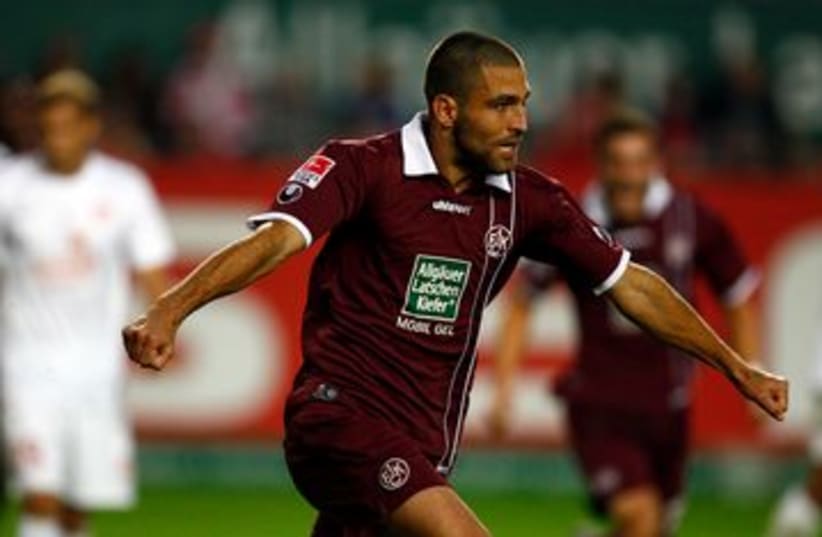Reuters contributed to this report.
German soccer body rails against anti-Semitism
A small group of fans verbally abuse Itay Shechter, calling him "dirty Jew," gesturing at him with Nazi salute; incident sparks wave of criticism in German media.

Reuters contributed to this report.